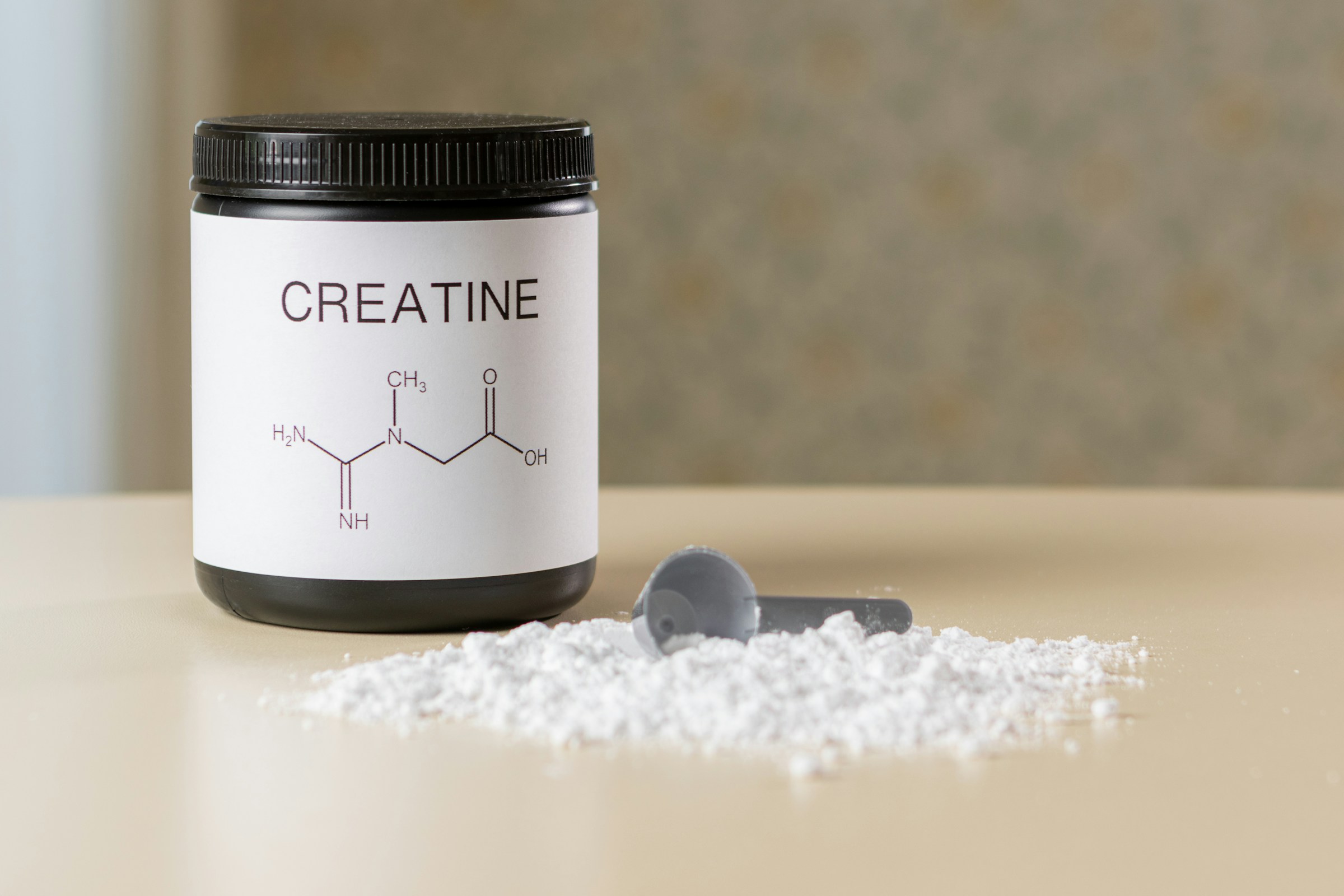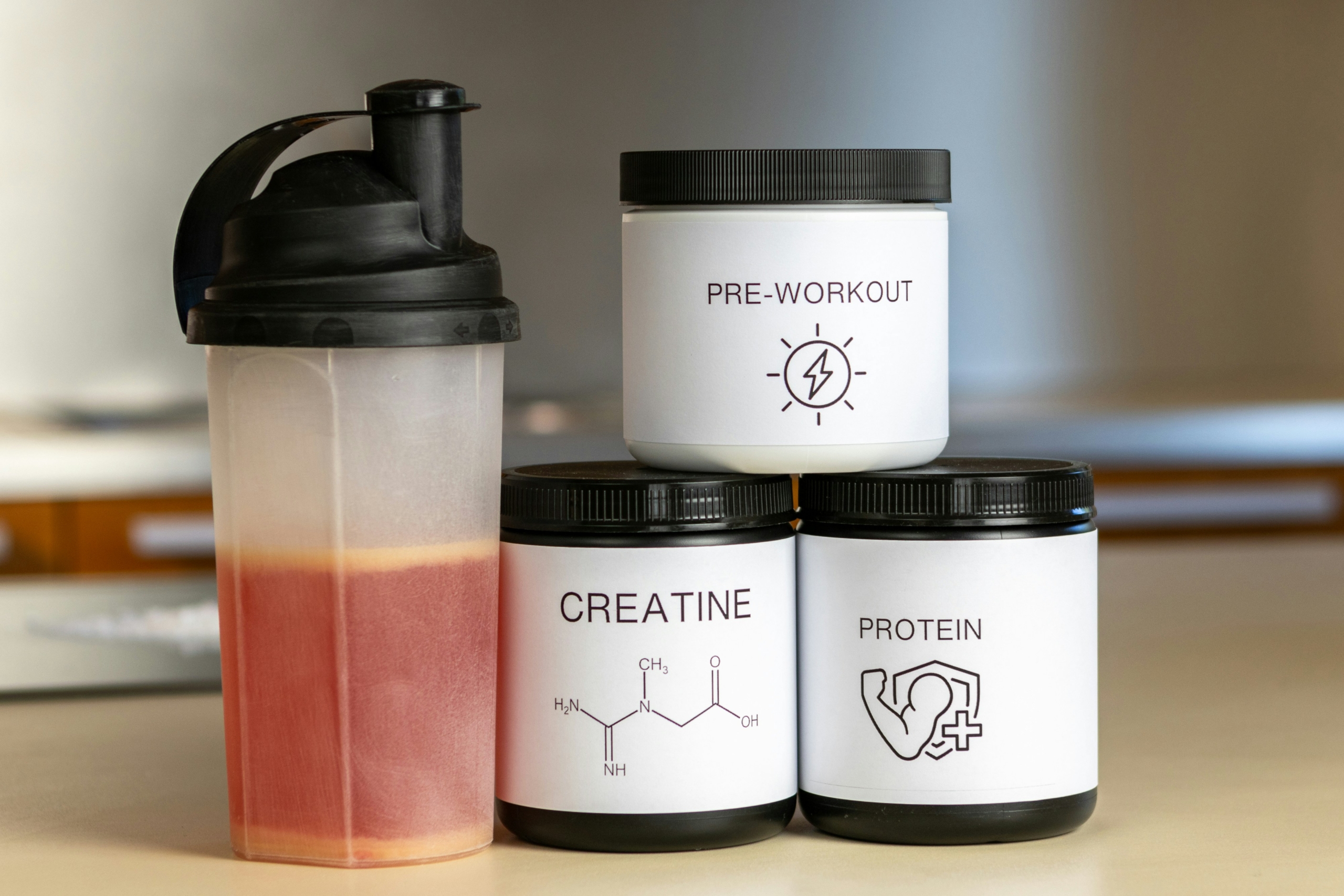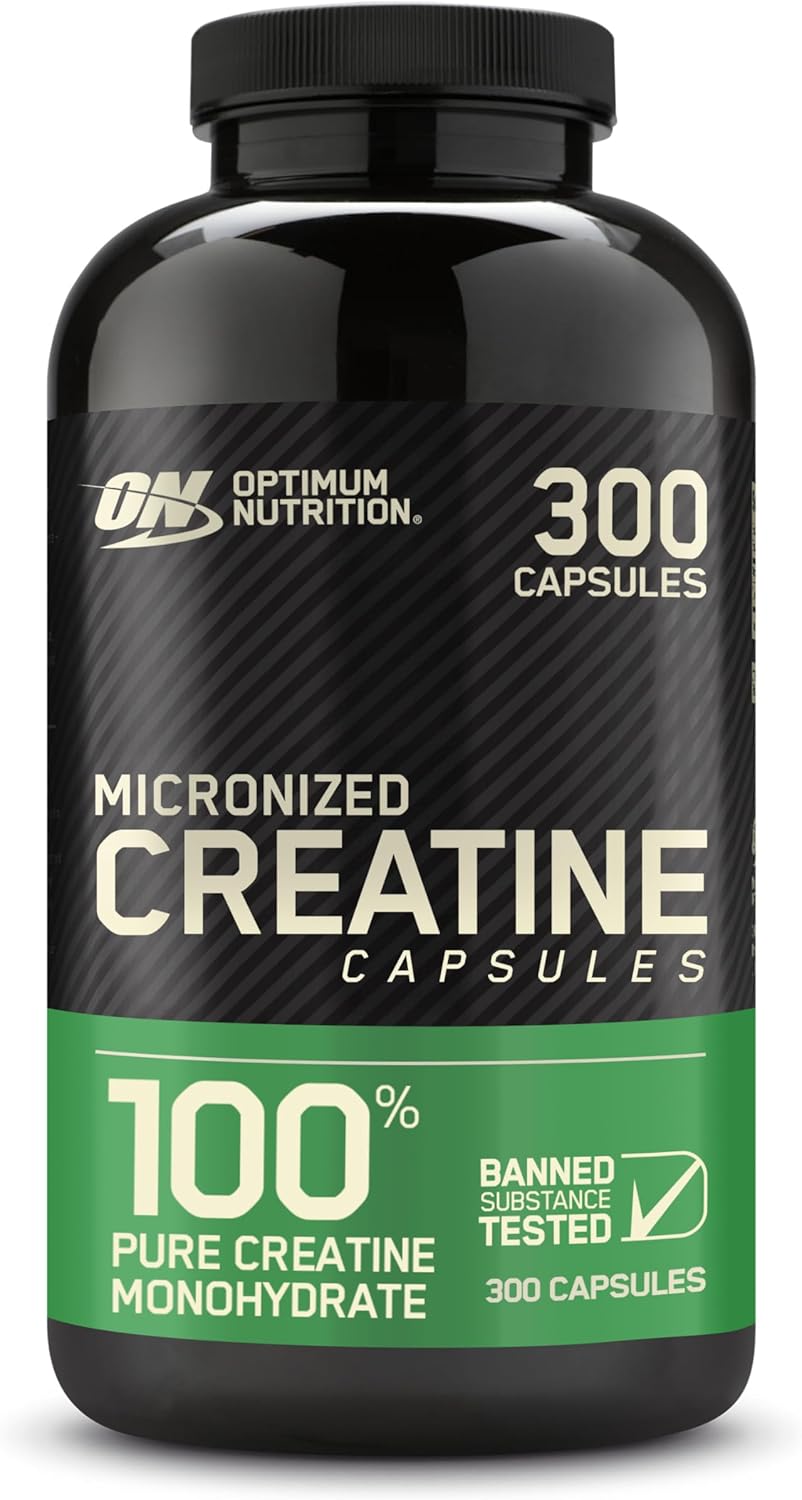When it comes to weight management, there are countless supplements marketed for fat loss, muscle gain, and performance enhancement. One of the most well-researched and widely used supplements in the fitness world is creatine. But is it worth taking if your primary goal is weight management? Let’s break it down.
First, What is Creatine?

Photo by Aleksander Saks on Unsplash
Creatine is a naturally occurring compound found in muscle cells. It helps produce energy during high-intensity exercise and resistance training. While our bodies make creatine naturally, it can also be obtained from dietary sources like red meat and fish. However, many people choose to supplement with creatine monohydrate, the most studied and effective form.
Does Creatine Help with Weight Loss?
Let’s be clear: creatine does NOT directly contribute to weight loss. Unlike fat-burning supplements, it does not increase calorie expenditure or suppress appetite. If you want to drop body fat, creatine is not the magic pill.
That being said, creatine does help build muscle, and muscle mass plays a crucial role in overall body composition and metabolism. More muscle means a higher resting metabolic rate, which can indirectly support long-term fat loss efforts.
If your goal is purely weight loss, creatine won’t directly help you shed fat. However, if you are working on improving body composition by increasing muscle mass, strength, and overall fitness, creatine can be a valuable and safe supplement in your routine.
Creatine and Weight Gain – What’s Actually Happening?
One of the most common concerns about creatine is weight gain. Many people step on the scale after starting supplementation and see an increase in pounds. But let’s clarify what’s really happening.
- Water Retention in Muscles—Creatine draws water into muscle cells, which can increase total body weight. This is not fat gain but rather increased intracellular water retention, which may make muscles appear fuller.
- Muscle Growth—Over time, creatine supplementation can enhance muscle recovery, strength, and growth. If you lift weights while using creatine, you may see a gradual increase in lean body mass.
If you fixate on the scale, it’s important to understand that the weight gain associated with creatine is beneficial and not a sign of fat accumulation.
Benefits of Creatine for Those Focused on Fitness and Body Composition
- Increased Strength and Performance – Creatine helps muscles produce energy more efficiently, allowing for improved performance during workouts. This can lead to lifting heavier weights and building more muscle over time.
- Faster Muscle Recovery – It has been shown to reduce muscle damage and inflammation, allowing for quicker recovery between workouts.
- Cognitive Benefits – Emerging research suggests that creatine supplementation may support brain health and cognitive function.
How Much Creatine Should You Take?
The standard recommended dose is 5 grams per day. Here is the brand I recommend:
Photo by Optimum Nutrition on Amazon
There is no need for a “loading phase”, though some people opt to take 20 grams per day for the first 5-7 days to saturate muscles more quickly. Once muscles are saturated with creatine, the daily 5-gram maintenance dose is sufficient.
Are There Any Risks or Side Effects?
For most people, creatine is safe and well-tolerated. However, here are a few considerations:
- Water Retention – As mentioned, expect some initial water weight gain.
- Digestive Discomfort – Some individuals may experience bloating or stomach cramps, which can often be avoided by splitting daily doses.
- Kidney Concerns (a Myth for Healthy Individuals) – There is no evidence that creatine harms kidney function in healthy individuals. However, if you have pre-existing kidney disease, consult your doctor before starting creatine.
Final Thoughts: Is Creatine Worth It?
If your goal is purely weight loss, creatine won’t directly help you shed fat. However, if you are working on improving body composition by increasing muscle mass, strength, and overall fitness, creatine can be a valuable and safe supplement in your routine.
Just be prepared for potential scale fluctuations and understand that weight gain from creatine is not fat gain—it’s muscle hydration and growth.
For those looking to build muscle while optimizing weight management, creatine can be a powerful tool when combined with a high-protein diet and strength training. So, if you’re on a journey to a stronger, leaner body, creatine is worth it.
Blog Author: Dr. Jeff Livingston
Main Blog Photo By: Aleksander Saks on Unsplash













